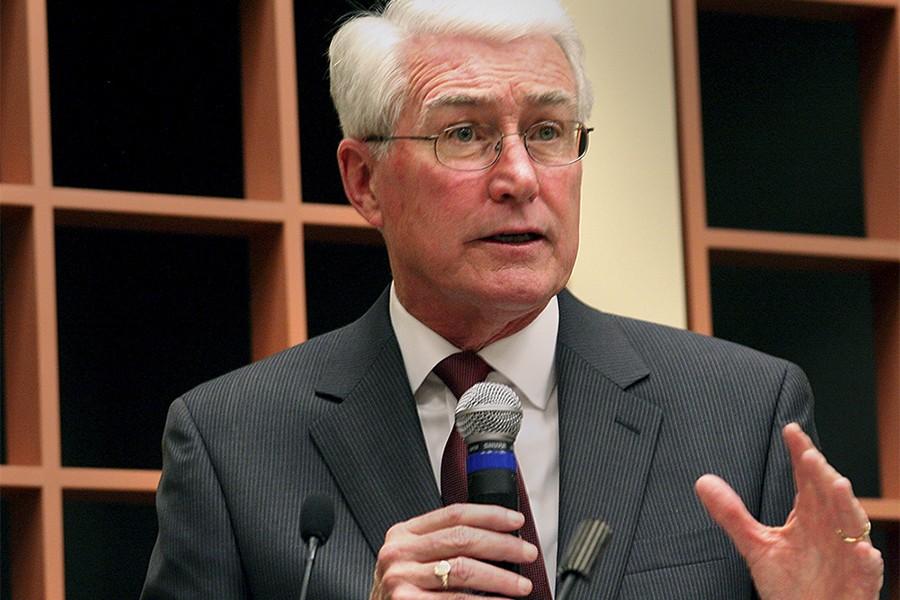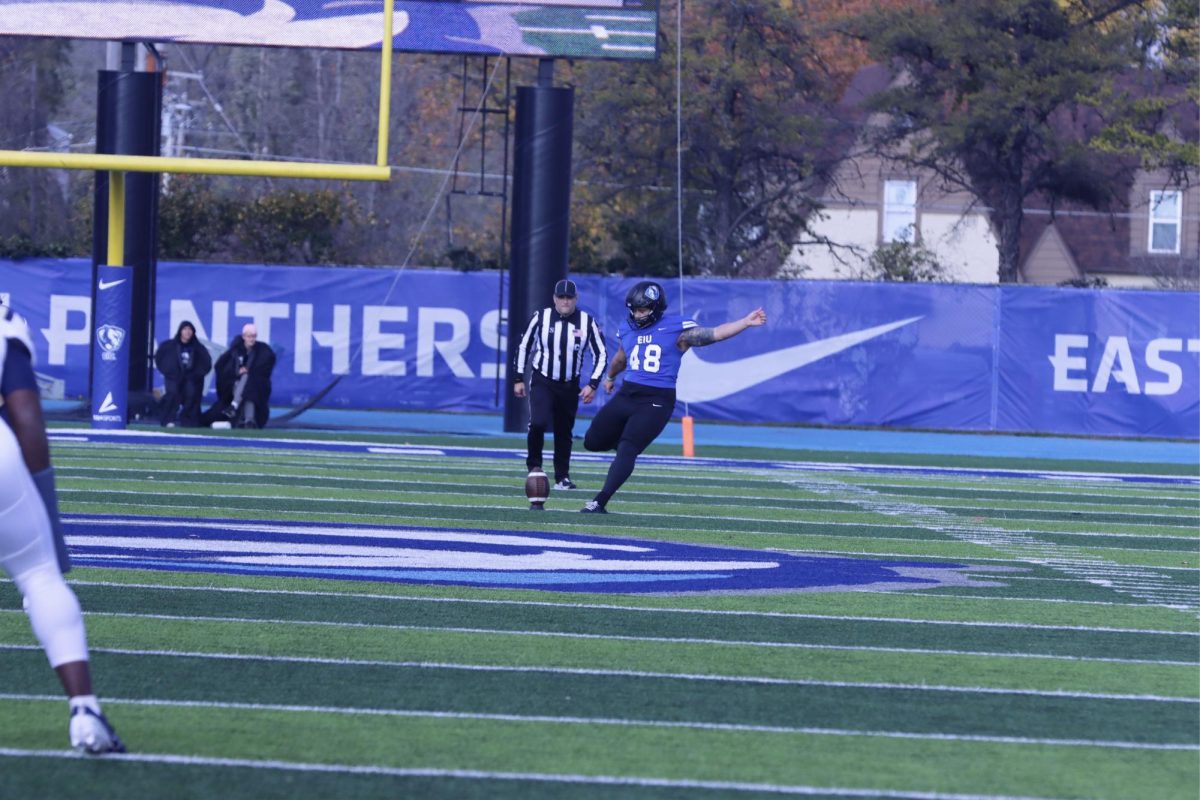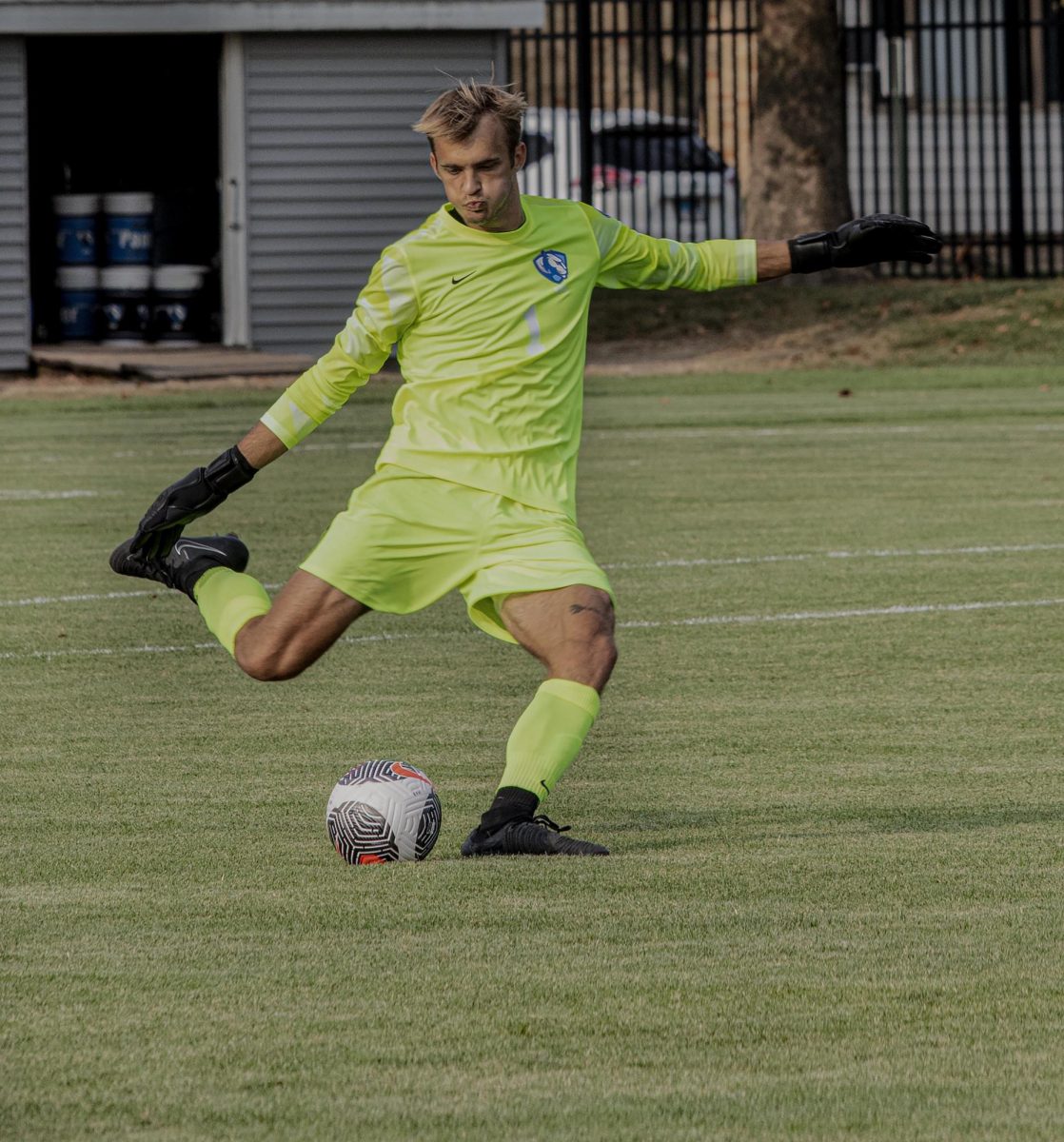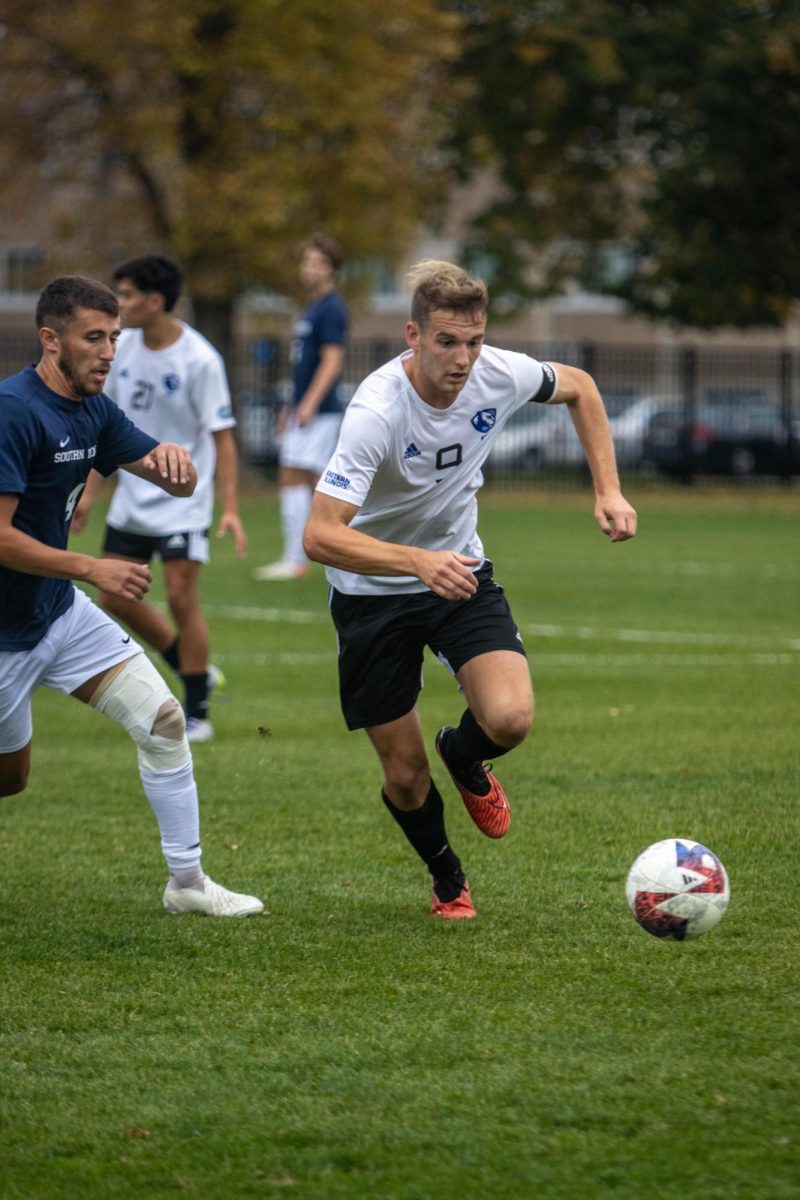Eastwood balances his character well in ‘Gran Torino’
The film “Gran Torino” is getting praise from critics, winning awards, for best actor, Clint Eastwood, and for best original screenplay, Nick Schenk, by the National Board of Review and being nominated for the Golden Globes.
The entire appraisal is well deserved and definitely lives up to the expectations.
Clint Eastwood has lots of experience in film, on screen and behind the camera.
In his latest, “Gran Torino”, he plays a Korean War veteran who is extremely bitter and racist, but pretty pleased with himself.
Eastwood’s character, Walt Kowalski, just lost his wife and is facing problems with his gang-infested neighborhood.
Walt puts up a good fight, even though he is not doing that well on his own.
After Walt’s neighbors’ teenage kids, who are of Hmong decent, get in a brawl with their cousin’s gang, Walt threatens the gang with a rifle.
His neighbors are grateful for the protection.
Walt soon decides that the teenage boy next door, Thao (Bee Vang), needs a man’s guidance and takes him under his wing to keep him out of the gangs.
Through his guidance, a soft side of Walt comes out, but with his racism still intact.
Although Eastwood’s character is so pessimistic, racist and out of touch, it is hard not to really enjoy the character.
He is far from being the bad guy in this film, but he is still tough and wins you over with his wittiness.
The racist slurs that he exchanges just roll off of his tongue without any concern for who he is talking to.
The racist slurs Walt uses are bluntly obscene, but in the film it is necessary for showing the characters and setting, like in the film “Crash.”
The rest of the film’s cast is largely unknown; however, the characters are all portrayed well.
The characters all have a place in their hearts for Walt.
The characters want to hate him, but through his anger something keeps them around.
A young priest, Father Janovich (Christopher Carley), who helped Walt’s wife when she was dying, continues coming around asking Walt to go to confession, even after Walt refers to him as the “27-year-old virgin boy straight out of the seminary.”
Every scene in the film was essential.
The film never seemed to drag or have unnecessary parts.
The story built each time Walt threatened someone with his rifle, made a racist remark or sat around pounding Pabst Blue Ribbon beer.
Each scene built the characters and their stories consistently to the end.





























































